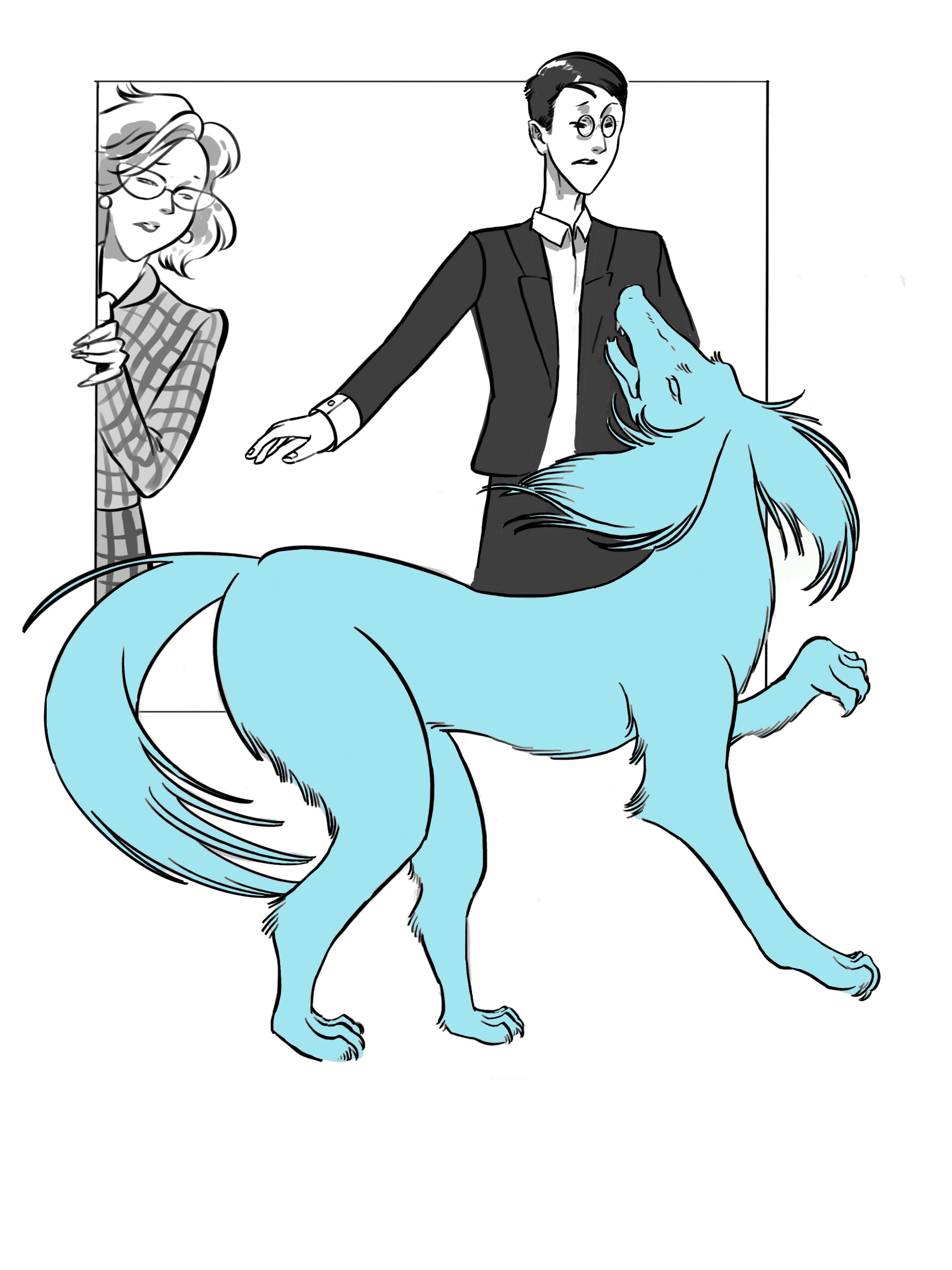ABOUT FUTURE HACK
Future Hack is the beginning of an epic journey for kids . . .
An Epic Adventure to Save Our Planet
Future Hack takes readers on an exciting journey with Lexa Andromeda, a twelve-year-old social media activist. After joining Thistleton Academy for Highly Creatives, Lexa finds herself in a tech-free zone. But when she stumbles upon a plot that threatens a massive environmental disaster, she must act.
Grief-stricken from the loss of her dog, and facing challenges at her dream school, Lexa, with her friends, delves into the mystery. Their bravery, teamwork, and persistence shine as they combat this looming threat.
Future Hack taps into the concerns of today's youth about climate change, emphasizing resilience, empowerment, and the ability to instigate change through one’s actions.
ORDER FUTURE HACK
REVIEWS
“With the aid of an intersectionally diverse group of friends, Lexa must work to find a way to not only escape Thistleton but also save the world. . . . messaging around the importance of environmental education and individual activism are heartening.”
— PuBLISHERS WEEKLY
“A fast-paced and engaging introduction to SF and environmental activism.”
‘
— KIRKUS REVIEWS
“Future Hack is a compelling exploration of environmental conservation's complexities, underscored by the importance of creativity and perseverance. Klisanin has crafted a world where young, creative minds confront significant challenges, making this book a notable contribution to young adult speculative fiction."
— LITERARY TITAN
Collaboration inspires Young climate activists through trees and books
In honor of Earth Day 2024, Dana Klisanin has joined forces with Neighborhood Forest to engage and inspire young climate activists. Every Earth Day, Neighborhood Forest gives free trees to kids through schools, libraries, and youth organizations that register with the program.
“This month, when parents and guardians sign their child up for a free tree, they will have the opportunity to purchase additional educational enrichment items, including Dr. Klisanin’s book Future Hack, the captivating first installment of “The Chronicles of G.A.I.A.” series.” CONTINUE READING
BUZZ WORDS IN FUTURE HACK
-
Ecological literacy, often called ecoliteracy, is about understanding the natural systems that support life on Earth. When someone is ecoliterate, they know how nature's groups, or ecosystems, work and how to build human communities that live in balance with nature. This idea was first talked about in the 1990s by an American teacher named David W. Orr and a physicist named Fritjof Capra. They believed in teaching everyone about the importance of taking care of our planet.
For a society to be ecoliterate, it needs to live sustainably, without damaging the environment it depends on. This way of thinking gives us tools to solve environmental problems. Ecoliteracy is a fresh way of teaching, focusing on how everything is connected, thinking about whole systems, aiming for sustainability, and understanding complex relationships.
-
Green schools are educational spaces designed with the environment in mind. These schools not only teach students about caring for the planet, but they also practice what they preach. From solar panels on the roof to recycling programs in the cafeteria, green schools prioritize sustainability. The buildings are often made with eco-friendly materials, and the grounds might include gardens where students learn about plants and grow their own food. By attending a green school, students not only get a regular education but also learn the importance of protecting our planet, setting them up to be environmentally-conscious citizens in the future.
-
This term encapsulates the growing and severe challenges our planet faces due to changing climate patterns. From rising sea levels, more frequent and intense wildfires, to extreme weather events like hurricanes and droughts, the climate crises represent the tangible and often devastating impacts of global warming. Primarily driven by human activities, especially the emission of greenhouse gases like carbon dioxide, the crises call attention to the urgent need for global cooperation, mitigation efforts, and adaptation strategies. It's a stark reminder of the intertwined fate of all life on Earth and our shared responsibility in ensuring a sustainable future.
-
Sparked by the determination of a young Swedish activist, Greta Thunberg, Fridays for Future became a global movement of students skipping school on Fridays to demand action on climate change. What began with Greta protesting alone outside the Swedish parliament in 2018 quickly grew into a worldwide initiative, with millions of students and supporters participating in strikes and rallies. This movement underscores the urgency felt by younger generations about the future of our planet and their demand for leaders to prioritize and address climate issues now. It's a powerful reminder that individual voices, especially when united, can catalyze significant change.
-
Organic is It's about growing food without synthetic chemicals or GMOs. Organic practices prioritize the health of both the environment and those consuming the produce.
-
Back in 1987, countries around the world came together with a shared goal: protect the Earth's ozone layer. The Montreal Protocol is an international treaty that aimed to phase out the production and consumption of substances responsible for ozone depletion, such as CFCs (chlorofluorocarbons). It's a shining example of global cooperation, where nations united to address an environmental crisis. Thanks to this agreement, the ozone layer is now on a healing path, showcasing the power of collective action for the planet.
-
Before taking action, it's wise to think about future outcomes. Anticipatory thinking is like playing a mental game of chess; it's about foreseeing potential consequences and planning several steps ahead to create a positive future.
-
This term is about understanding and imagining many possible futures. By exploring different scenarios and what might happen, we can make better decisions in the present.
-
At first glance, some systems might seem random or unpredictable, but chaos theory dives into the hidden patterns and intricate structures within them. It's the idea that small changes in the initial conditions of a system can lead to vastly different outcomes, often referred to as the "butterfly effect." In other words, the flap of a butterfly's wings in Brazil might set off a tornado in Texas. Chaos theory helps us understand complex systems and phenomena where predictability and control seem impossible.
resources
green. education. ECOLITERACY.
Future Hack takes place at Thistleton Academy, a former “green school’ that has been taken over by a nefarious corporation. The book aims to promotes ecoliteracy and anticipatory thinking. The series will continue to evolve around these themes.
featured ARTWORK BY
TALENTED ILLUSTRATORS MELISCA KLISAININ and YeYAN XU
DANA SHARES. . .
Future Hack tells the story of a ‘‘dream-traveling” saluki named Zara. She was real and graced my life with many adventures, including dream-traveling adventures.
I wrote the outline of “Future Hack” in a writer’s retreat built for me by Pete Nelson on the popular Discovery TV show “Treehouse Masters".
Learn more, THE DAILY CATCH

















